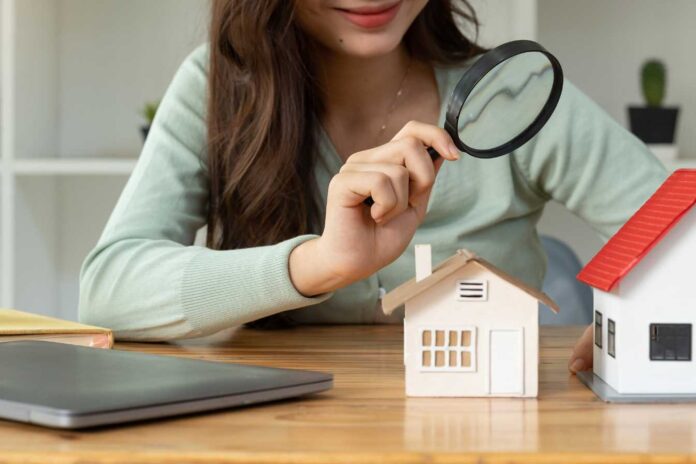Knowing your home’s true value is vital—whether you’re preparing to sell, looking to refinance, or simply reviewing your finances. A precise home evaluation can inform smart decisions and prevent mispricing. Here’s a look at tested methods and expert advice for achieving a reliable estimation maison.
Why Understanding Home Value Is Essential
Your property’s value goes beyond selling—it affects refinancing potential, property taxes, insurance premiums, investment choices, and estate plans. Overpricing may turn away buyers, while undervaluing could mean lost equity.
Key Elements That Affect Property Worth
- Location: Proximity to top schools, transit, and amenities can significantly raise a home’s appeal and market price.
- Size and Layout: More square footage and usable space, particularly in key areas like bedrooms and bathrooms, usually mean higher value.
- Condition and Age: Renovated, well-kept older homes often outperform newer properties in poor condition.
- Local Market Conditions: Economic shifts, interest rate changes, and regional development projects influence value trends.
- Comparable Sales (Comps): Recent nearby sales of similar homes offer a pricing benchmark.
Reliable Ways to Estimate Your Home’s Value
- Try AVMs (Automated Valuation Models): Online tools like Redfin, Zillow, and Realtor.com offer a baseline value using sales history and public data. These estimates are useful starting points, though they may lack local nuance.
- Conduct a Comparative Market Analysis (CMA): Match your home to recently sold properties with similar features and make adjustments for differences like added amenities.
- Ask a Real Estate Agent: Agents bring expert insights and sales data to ensure your home is competitively priced.
- Get a Certified Appraisal: For the most accurate assessment, a professional appraiser examines your home’s condition, upgrades, land use, and neighborhood market trends.
- Review Tax Assessments: Though they may not be fully up-to-date, your local tax assessment offers a rough valuation based on previous property data.
- Track Active Listings: Nearby listings reveal what similar properties are asking—just remember listing prices don’t always equal final sales.
Mistakes to Avoid When Estimating Home Value
- Ignoring overall market trends
- Assuming all home upgrades increase value
- Overlooking neighborhood changes
- Letting emotions override data
Improving Home Value Before an Estimate
- Spruce up your exterior for instant curb appeal
- Focus on high-impact upgrades like bathrooms and kitchens
- Declutter and stage for visual appeal
- Invest in energy efficiency improvements
When to Reassess Home Value
Re-evaluation is smart when:
- You’re preparing to sell
- You’re applying for refinancing
- Major renovations are done
- Local development affects pricing
- You want a yearly financial update
Conclusion
Estimating your home’s value is both a science and an art. Combine online tools with professional input and up-to-date comparisons for the best results. Whether for refinancing or selling, a solid valuation strategy ensures your property goals stay on track.
